Most people
know how to add dialogue tags at the end of dialogue to identify who’s
speaking.
And sometimes
instead of using dialogue tags, we use action tags.
“Look at me.”
Malcolm waved his hands over his head.
Both indicate
who’s speaking, but the difference, although small, is important. The dialogue
ends with a comma in one and a full stop (period) in the other.
Not so hard to
figure out. But sometimes we don’t want to put the tag at the end of the
dialogue, we want to put it somewhere in the middle. And that’s where the fun
starts.
There are many
reasons why it might be preferable to not have the tag at the end. To make it
clear who’s speaking. To provide a pause in the reader’s mind. To add physical
action exactly when it happens. Or just because you feel like it.
If it’s a
large block of dialogue it might not be clear who’s speaking if you wait until
the end to reveal the speaker. Of course, you could put the tag up front.
Malcolm said, “Look at me.”
That is
definitely an acceptable option. One of many.
You can also
put the tag in the middle.
“When I’m at home,” said Malcolm, “I wear my
slippers.”
But what you
can’t do is this:
“When I’m at home,” said Malcolm. “I wear my
slippers.”
The reason you
can’t do this is because if you were to take the tag away you would be left
with:
“When I’m at home. I wear my slippers.”
Doesn’t make sense. ‘When I’m at home’ isn’t a complete sentence, so you can’t
stick a full stop (period) at the end.
However, if
the dialogue has a natural break in it, then you can.
“I’m at home,” said Malcom. “I’m going to
wear my slippers.”
If you remove
the tag this time, you get:
“I’m at home. I’m going to wear my slippers.”
Which does
make sense. That’s the rule you can’t break. If the dialogue is continuous
without the tag, you use commas with the tag. If the dialogue has a break in
it, then you use a full stop (period).
The tricky
part is when you now use an action tag instead of a dialogue tag. If Malcolm raises
his hands after saying a particular word (whether it's relevant to the story or just how you see it), then you have no choice but to put
the tag in the middle of the dialogue.
“Please don’t,” Malcolm raised his hands, “shoot
me.”
The above is
correct. It isn’t the only way, but there’s nothing wrong with it. Some people
don’t like the way it looks and prefer:
“Please don’t” —Malcolm raised his hands—
“shoot me.”
That is also
correct, if a little ungainly looking. But this is wrong:
“Please don’t.” Malcolm raised his hands.
“Shoot me.”
It’s always
wrong. Because if you remove the tag you’ll get nonsensical phrasing, or, as in
this case, a completely different meaning from the one intended:
“Please don’t. Shoot me.”
There are some
people who just don’t like it. They see the action tag next to dialogue,
separated by only a comma and it doesn’t look right to them. And that’s okay.
You don’t need to break up dialogue, you can rewrite/restructure it so there
are natural breaks where you can slip in your action tags. Or you can change
the tag to something like: Malcolm said,
raising his hands.
There are lots
of ways to do it, some more fashionable than others. One will suit you. But
there are also ways not to do it and you need to be aware of that. The best resource
is to keep an eye out for how good authors do it in the books you read
(although you probably want to avoid using self-published books for this
purpose or anything by Cormac McCarthy).
If you found this post useful, please give it a retweet. Cheers.














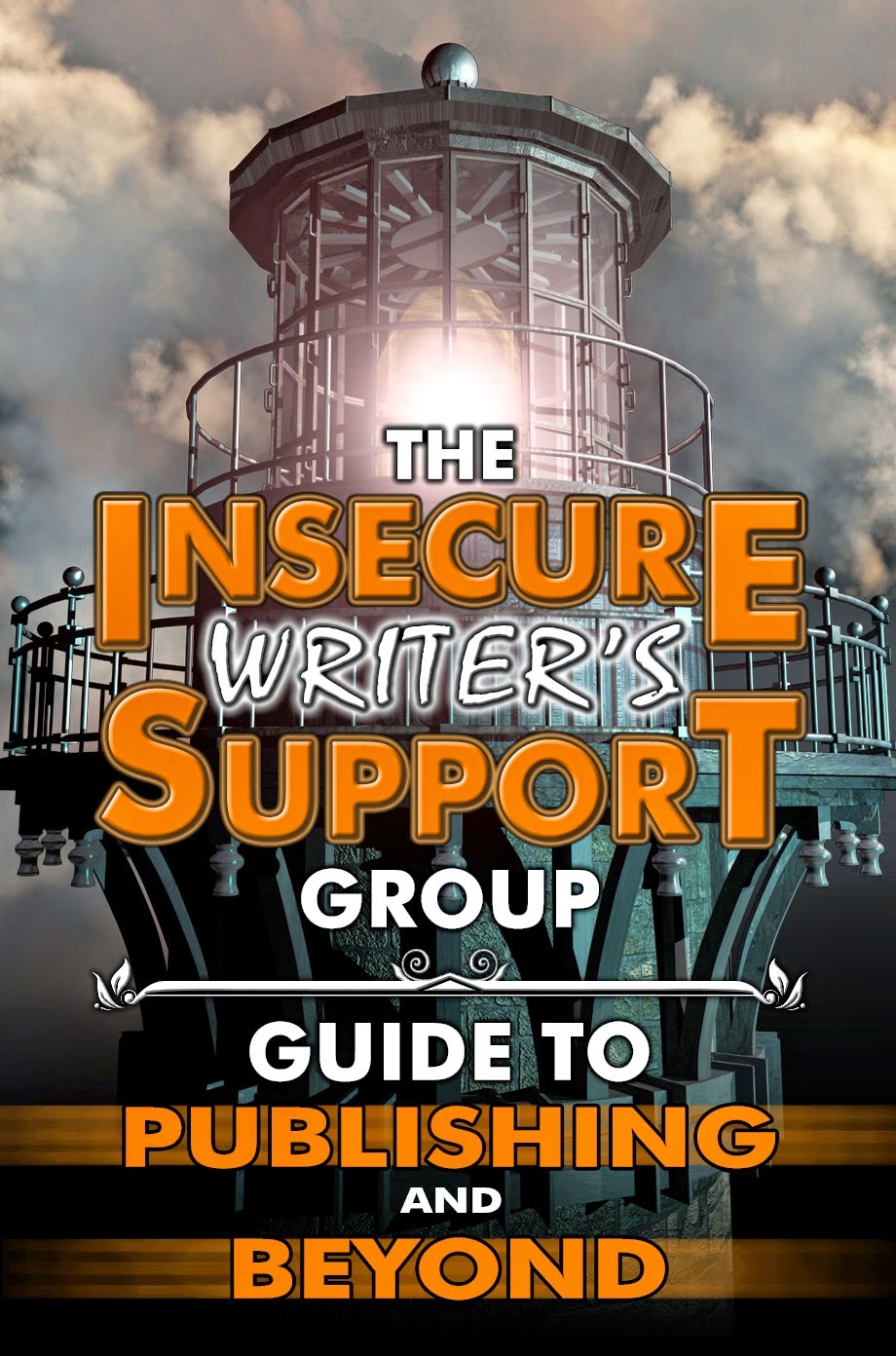
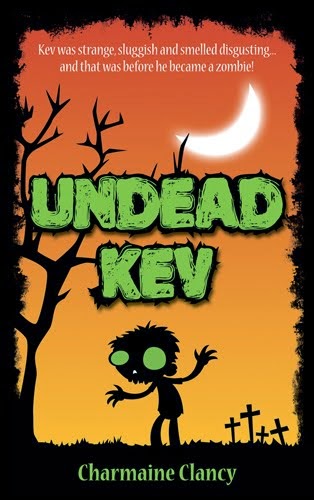



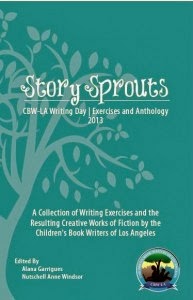
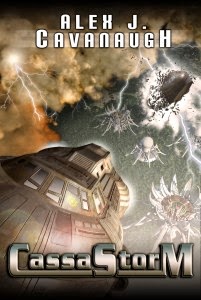


















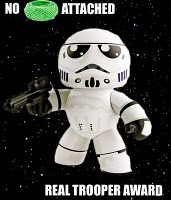
































































18 comments:
Hey, one thing I do right!!! Awesome...
Great reminders here.I work so hard to weed out dialogue tags but sometimes it leads to redunancies; gotta watch for those too.
@Alex - Writing two best-sellers is also pretty awesome.
@Stephco - A good flow is always the best way forward, often requiring very few tags.
"You've been a very, very bad elf," Santa sighed, "and I'll be damned if you'll get anything from me this year, unless you bribe me."
Like that? lol
Merry Christmas!
cool! I just wrote a post discussing whether or not dialogue tags are necessary. I don't think they are if you can make your character's words speak for themselves.
Wow, this makes it simple.
Thanks.
Love this article!
@Jeremy - Santa's so judgemental.
@Shaquanda - action tags also help prevent talking -headitis.
@Gail - cool.
@Wodke - thanks!
My dialogues and dialogue tags are quite okay. I think I manage them well. Its the other things I am stuck with.
Great post, Mooderino.
Merry Christmas.
Certainly found it useful and a great reminder of how to properly use those tags! Also a great reminder to try an use the dialogue tags a little different. Love to make things a bit different when reading and writing.
It always helps to read the dialogue out loud. If it makes my eyes squint, then I know I've done something wrong.
Too true what a clever way of identifying dialogue tags that need fixing
@Rachna - Merry Xmas to you too.
@Paige - a little variety never hurt.
@Elise - as a general rule of thumb, anything that makes your eyes squint tends to mean something's gone wrong.
@sjp - thanks.
I like action tags. I'd like to use them more.
@Medeia - no reason you can't.
Great advice on using quotation marks correctly. Hey Moody, I came across a great writing article and thought I'd link it to you so you could add it to your online magazine. Find it here: http://naughtybookkitties.blogspot.com/2012/12/five-steps-to-creating-memorable_26.html
@Michael - thanks for the link, will add it to the next update. Cheers.
'Girl Reading' doesn't have any dialogue marks at all and it's quite distracting... but you get used to it!
http://www.guardian.co.uk/books/2011/sep/06/girl-reading-katie-ward-review
Louise
@misswriteuk
www.misswrite.co.uk
www.facebook.com/louise.gibney.writer
www.borntobeatourist.co.uk